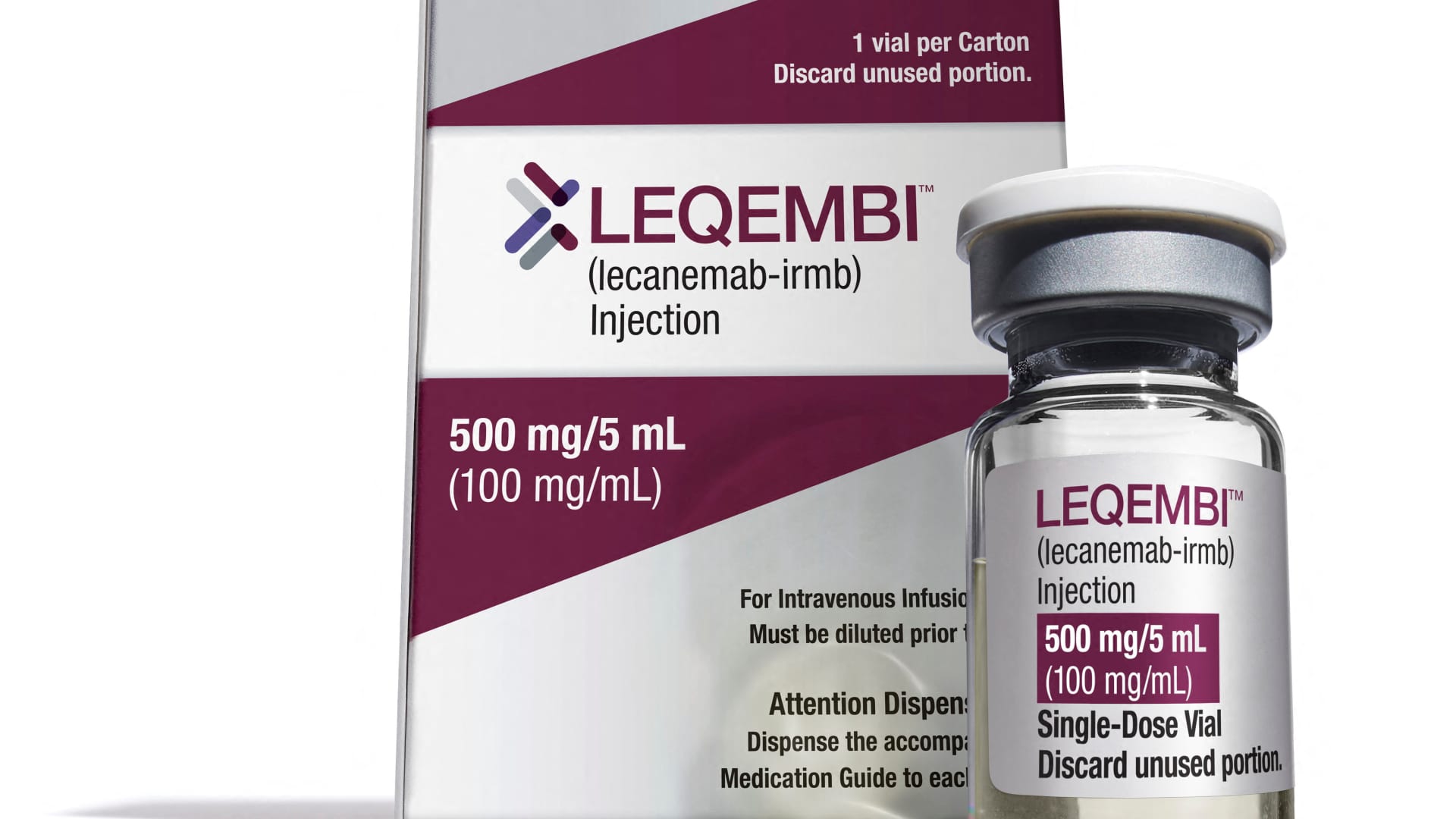The Food and Drug Administration on Thursday approved the Alzheimer’s treatment Leqembi, a pivotal decision that will expand access to the expensive drug for older Americans.
Medicare announced shortly after the FDA approval that it is now covering the antibody treatment for patients enrolled in the insurance program for seniors, though several conditions apply.
To be eligible for coverage, patients must be enrolled in Medicare, diagnosed with mild cognitive impairment or mild Alzheimer’s disease, and have a doctor who is participating in a data-collection system the federal government has established to monitor the treatment’s benefits and risks.
Medicare coverage is a crucial step to help older Americans with early Alzheimer’s disease pay for the treatment. With a median income of about $30,000, most people on Medicare cannot afford the $26,500 annual price of Leqembi set by Eisai without insurance coverage.
Leqembi is the first Alzheimer’s antibody treatment to receive full FDA approval. It is also the first such drug that to receive broad coverage through Medicare.
Leqembi is not a cure. The treatment slowed cognitive decline from early Alzheimer’s disease by 27% over 18 months during Eisai’s clinical trial. The antibody, administered twice monthly through intravenous infusion, targets a protein called amyloid that is associated with Alzheimer’s disease.
Joanna Pike, president of the Alzheimer’s Association, the lobby group that advocates on behalf of people living with the disease, said although Leqembi is not a cure, it will help patients in the early stages of the disease maintain their independence, conduct their daily lives, and spend more time with their families.
“This gives people more months of recognizing their spouse, children and grandchildren,” Pike said in a statement Thursday. “This also means more time for a person to drive safely, accurately and promptly take care of family finances, and participate fully in hobbies and interests.”
But the treatment…
Read the full article here

Leave a Reply